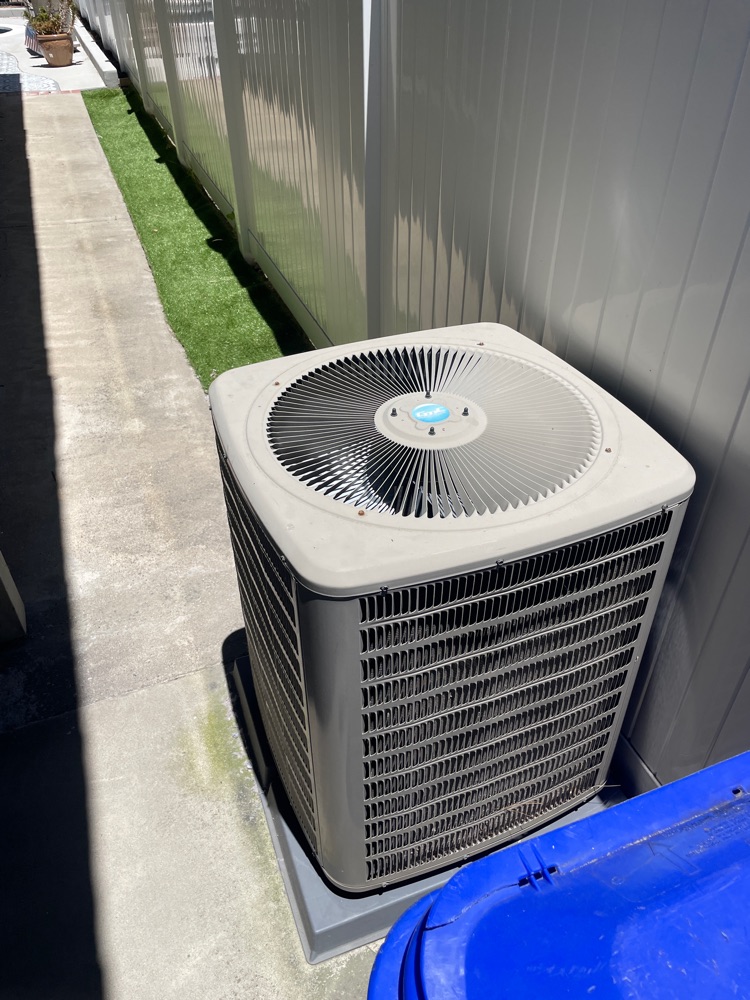When your LG washer is leaking, it is necessary to investigate where exactly it leaks. Leaks at the front of the washer are often caused by a clogged overflow tube or an improperly-fitted old seal (in a front-loading washer). Leaks at the back of the washer are often caused by loose or damaged supply hoses. Leaks under the washer are often caused by a hole in the water pump or leaky internal hoses. A washer that leaks only during the spin cycle often has a leak in the main drain hose. Hot and cold water fill hoses - Check the hot and cold water hoses from the household plumbing. If either hose is leaking, tighten it or replace it, as appropriate. The tub seal might be torn, causing water to leak from the seal. If the tub seal is leaking water, water may leak through the tub seal and into the tub bearings. This can cause the bearings to fail. For this reason, if the tub seal is leaking water, replace both the tub seal and the tub bearings. Be aware that this is a complicated repair and will require disassembling most of the washer. Door leaks are caused by reasons most overlooked, such as hair, lint or residue on the gasket or the inside door glass. The most severe cause of door leakage is when your gasket is damaged; this will lead to excessive leakage from the door. What causes the flood is this: the water supply lines that run from the shut-off valves (wall connections) to your washing machine are always under pressure, meaning you turn the washer on and water immediately jets out. Those supply lines are typically made of PVC or rubber. You can fix the appliance yourself or call a professional plumber.

November 26, 2023
AC is leaking from the coil – HVAC Troubleshooting in San Diego
Have you encountered a leaking air conditioner? This causes not the most pleasant feelings and deprives you of comfort. Before solving this problem, you should determine what exactly became the source of the air conditioner flow.


















